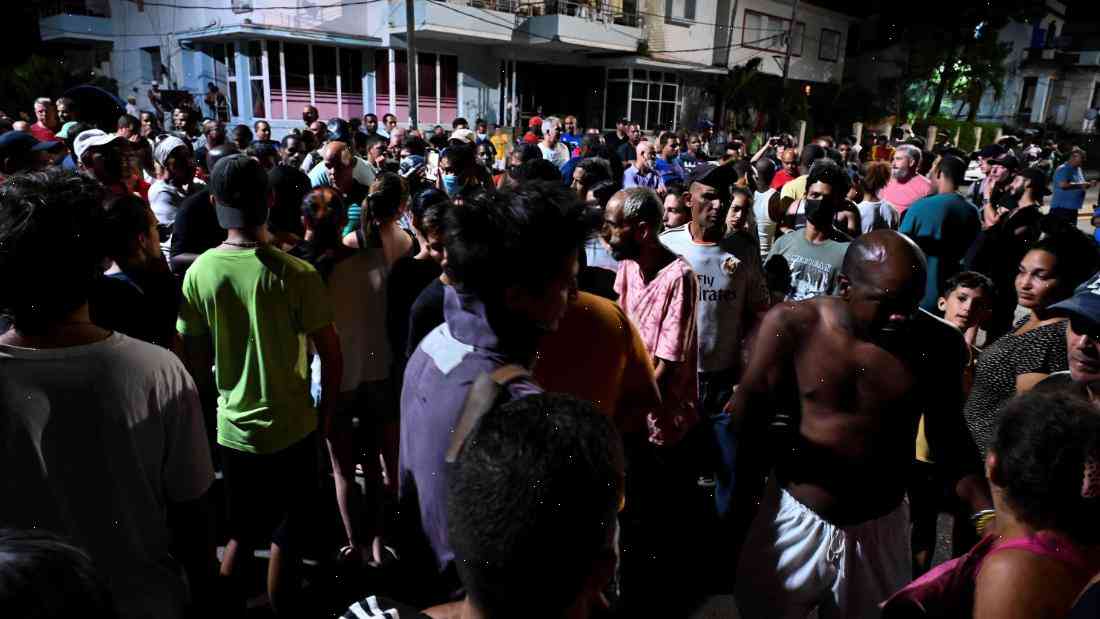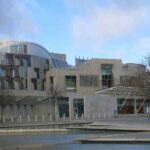After Hurricane Ian left Cuba in the dark, protestors took to the streets. Now the government is set to charge them with “preferential charges” on their cell phones, even when there’s no electricity.
The following is an extract from the report by Human Rights Watch, which was released on Friday.
On April 16, 2013, Hurricane Ian hit Cuba, just hours after the release of Cuba’s 2013 Human Rights Report (HRS). At the time, this HRS had been kept secret due to the government’s lack of financial resources to disseminate it.
The HRS showed a grim picture of a country where the government was unable to provide basic services. The HRS found that the government was unable to provide adequate education, health and social welfare services for the people, and that the poor were unable to afford basic necessities to meet their daily needs (the HRS is a regular Human Rights Watch report on Cuba, which Human Rights Watch makes available free of charge).
The HRS also found a massive corruption problem in the government of President Raúl Castro Ruz and the socialist government in general, as well as evidence of political persecution and censorship. The report’s findings were damning:
The government, while often accused of violating human and civil rights, is also accused of violations of the right to freedom of expression and the right to freedom of assembly.
In the wake of Hurricane Ian, which caused widespread destruction in Cuba (see below), Cuban authorities on April 17, 2013, began charging protestors in what is known as a “preferential charging rule” for unauthorized electronic communications. The charge, called “communal charges” in Cuba, was included in an April 18 notice to the public from the Ministry of the Environment, which said authorities were increasing the charging for “electronic communications” in order to avoid an even greater number of casualties during and after Hurricane Ian (which made landfall on April 15). This charge effectively criminalizes anyone who uses email, SMS or social media to communicate with others about the need for the island to return to a normal life (see below).
But the “preferential charging rule” does not apply to those who communicate with Cuba. It applies only to the internet, which includes the websites of various popular and government-controlled news outlets in Cuba, as well as the websites of Cuban dissidents. Moreover, the charge is not







